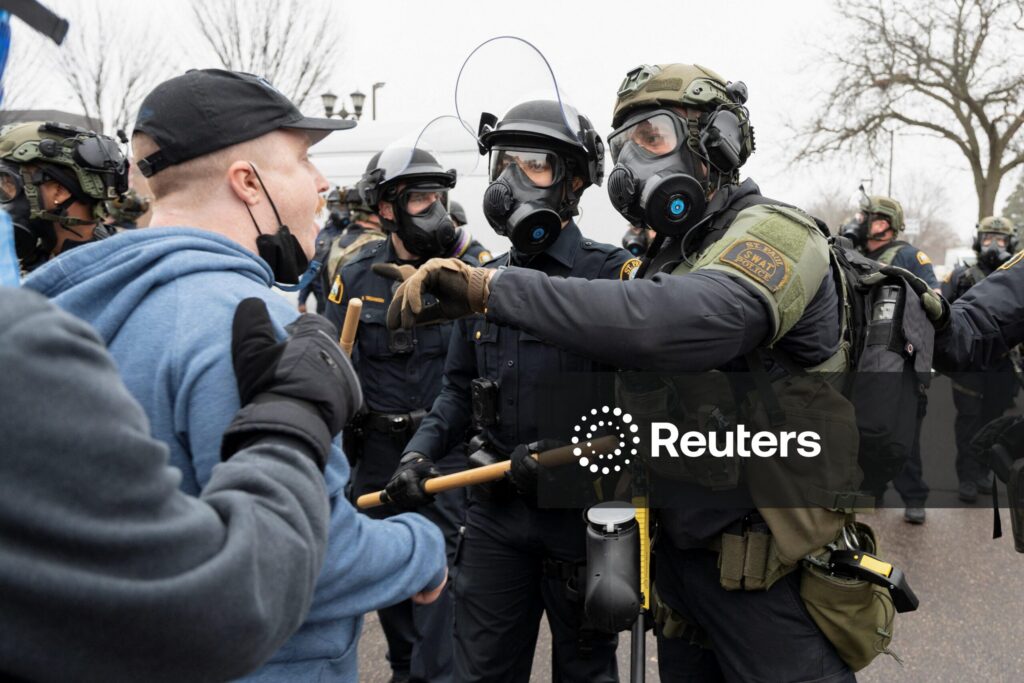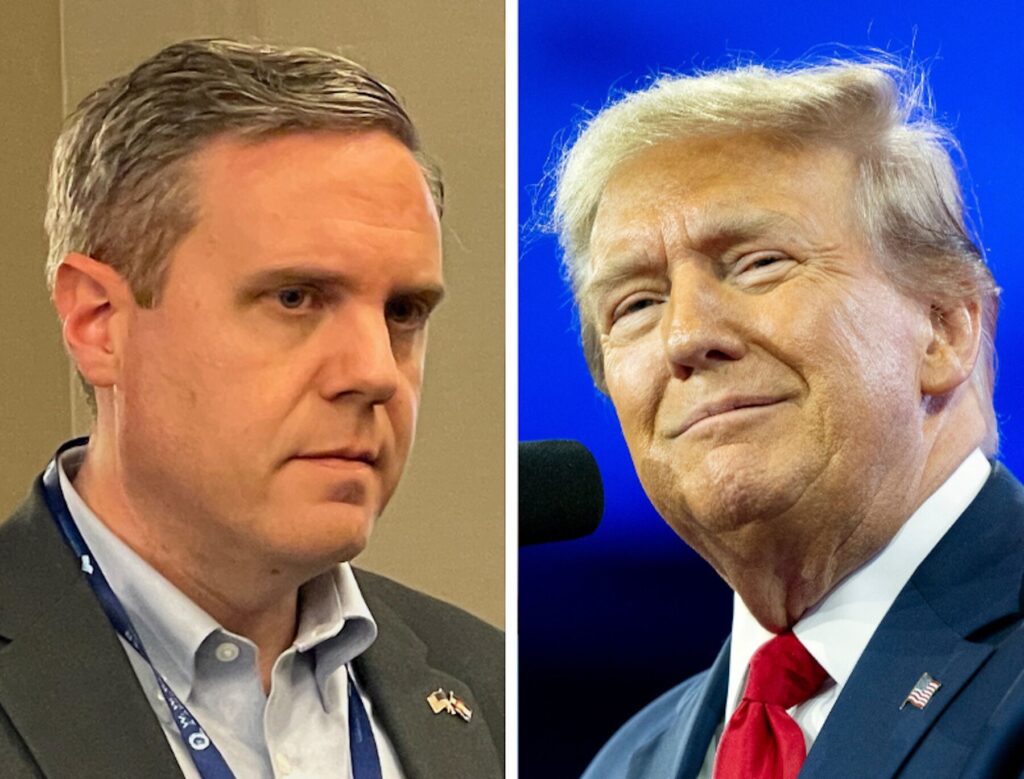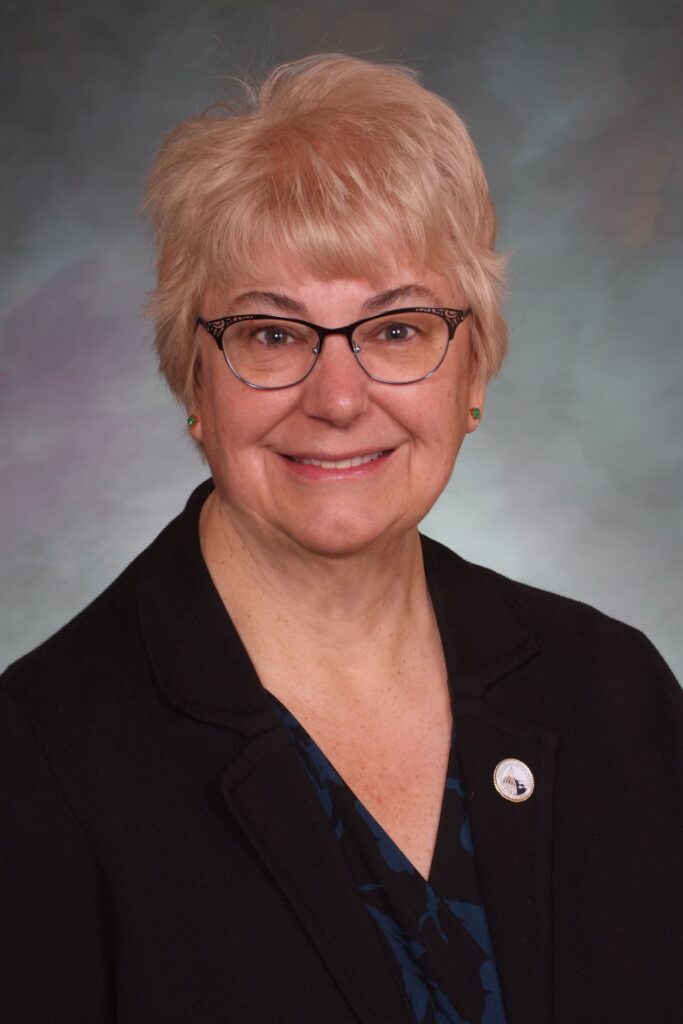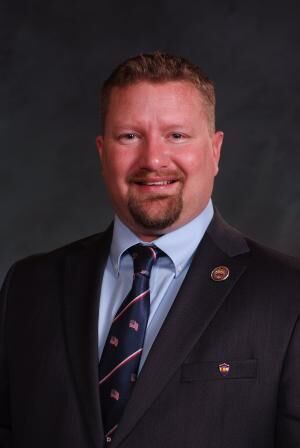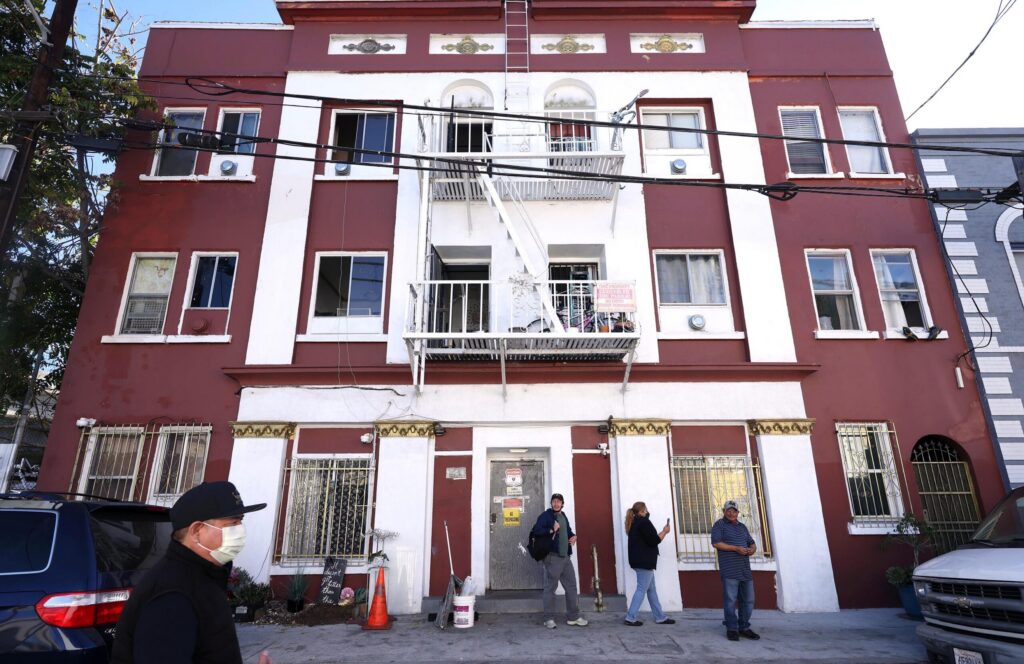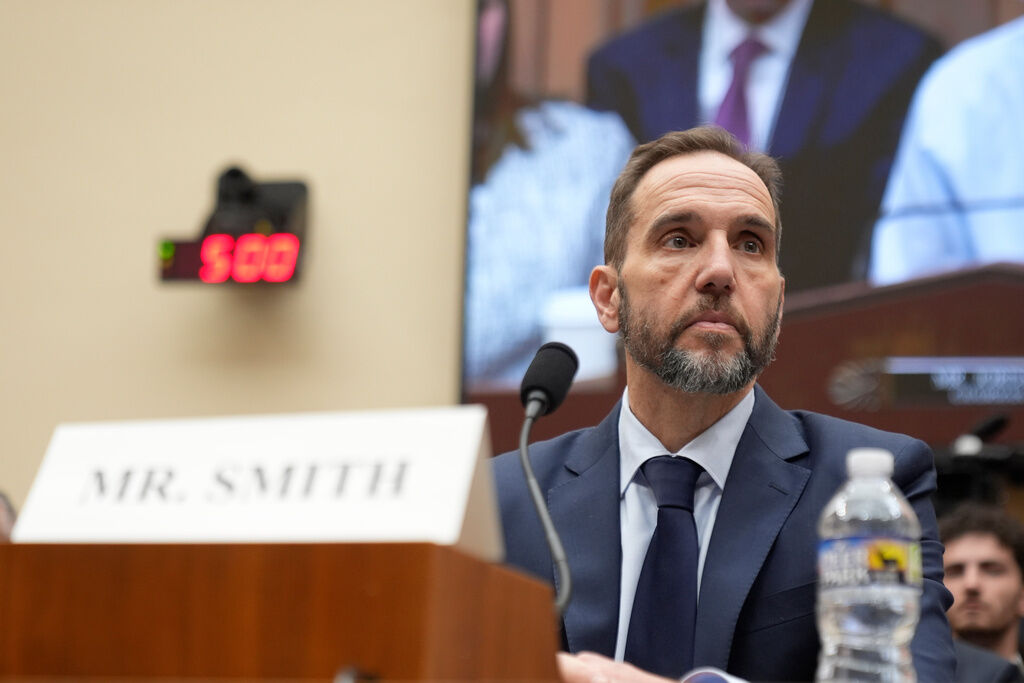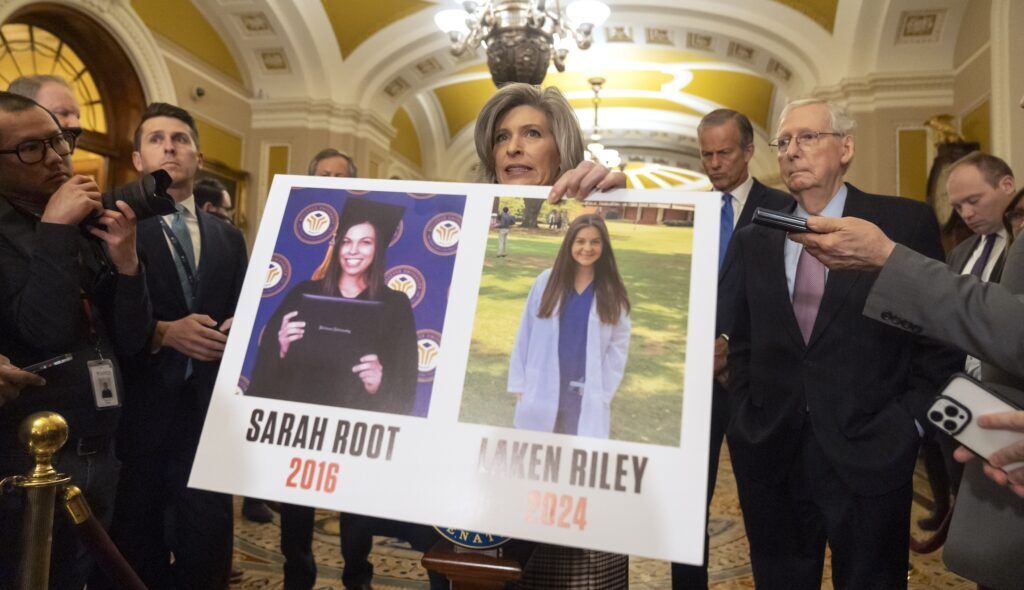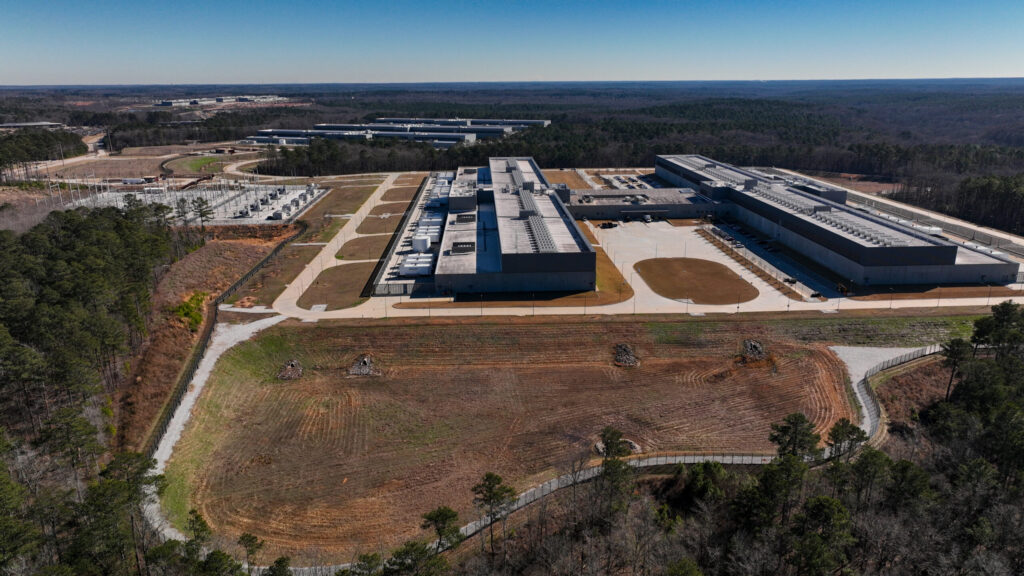Caps for candidate contributions in local elections clear Colorado legislature

An effort to establish a statewide limit on contributions made to candidates in local elections passed its last major legislative hurdle on Wednesday.
If signed into law, House Bill 1245 would cap contributions from individuals and political parties at $400 and from small-donor committees at $4,000 in municipal elections, among other records and reporting requirements.
The House had passed the measure last month. Now, it will go back to the House to approve a minor change from the Senate, and then to the governor for final consideration.
“We have seen a disturbing trend in the amount of money pouring into our local elections,” said sponsor Rep. Jennifer Parenti, D-Erie, while presenting the bill. “I can tell you it is having a negative impact on the atmosphere in our community, well beyond the end of election season. … I hope to get in front of this before it becomes a problem for more town across our state.”
The Senate voted, 21-14, in support of the bill, while the House earlier approved it, 45-16.
The votes were mostly along party lines, with Democrats voting “yes” and Republicans voting “no.” Across both chambers, only one Republican voted in favor of the bill – Rep. Richard Holtorf of Akron – and two Democrats voted against it – Sens. Jessie Danielson of Wheat Ridge and Rachel Zenzinger of Arvada.
While proponents of the bill said it is intended to decrease the role of money and wealthy individual donors in local elections, critics said it would put more administrative burden on local governments and violate local control.
“Once again, we are looking at a piece of legislation that usurps local control,” said Rep. Lisa Frizell, R-Castle Rock, while voting against the bill. “It gets in the way of citizens in a community deciding what is right for that community. We’re saying that we know better. … We need to let those citizens and those communities make the decision, not us.”
Other opponents argued that the campaign limits would make it harder for prospective candidates to raise enough money to run for office.
“It’s going to dissuade a lot of people from running,” said Sen. Larry Liston, R-Colorado Springs. “In a small community, it’s not easy to raise money. Money is equated to free speech. As long as it’s being recorded, that’s the main thing.”
Proponents countered that the bill’s contribution limits would increase the value of support from everyday citizens and make it easier for candidates who aren’t independently wealthy to run for office against rich opponents.
Rep. Junie Joseph, D-Boulder, spoke of running for the Boulder City Council, which limits contributions from individuals to $100. Joseph said this kept wealthy individuals from being able to unfairly influence the election and encouraged candidates to connect with more people in the community.
“It brings people into the process who probably would not be part of it,” Joseph said. “If you have to raise your money through low-dollar amounts, you’re going to have to go into the community. You’re not just going to throw a couple of parties and raise thousands of dollars.”
The bill would also require campaign contribution reports to be kept on file for six years instead of the current one year; the reports to be made publicly available; and, candidates to report contributions 90 days, 60 days, 30 days and 15 days before an election, and 30 days after an election. Currently, the earliest report is due 21 days before an election.
“This will bring transparency to local government elections,” said bill sponsor Sen. Kevin Priola, D-Henderson. “Current law does not require municipal campaign finance reporting to be filed until 21 days before the election. In many towns, this means voting has started before the public can see where candidates are getting money from and how they are spending it.”
The bill comes as local elections in many Colorado cities have gotten increasingly expensive in recent years.
Even with the city’s contribution limits, the candidates in Denver’s ongoing mayoral race have raised over $11.3 million, compared to the 2019 race, which saw only $4.6 million raised in the entire election and runoff. This year, the two candidates who qualified for the runoff were the top fundraisers by far, with the two accounting for more than 55% of the total fundraising from the 25 candidates.
Independent expenditure groups have also been spending significant amounts in local elections.
In Colorado Springs – a city without any caps – developers, business interests and outside groups heavily backed certain candidates in the April 4 election. Defend Colorado, a nonprofit that does not have to disclose its donors, has given $300,000 to two committees backing City Councilman Wayne Williams for mayor. At the same time, a committee backed by a Denver-based business called Stand Against Monopolies LLC has put $100,000 into ads blasting Williams.
Both Denver and Colorado Springs are home rule cities. As Denver has its own campaign contribution limits, HB 1245 would not apply to the city. The bill would apply to Colorado Springs since it doesn’t have its own limits, unless the city affirmatively opts out, sponsors said.
If enacted, it will go into effect in 2024.



